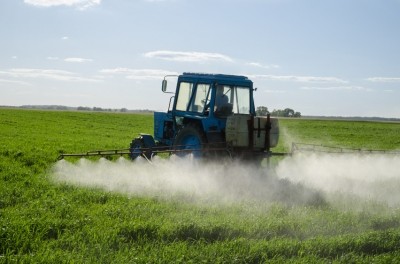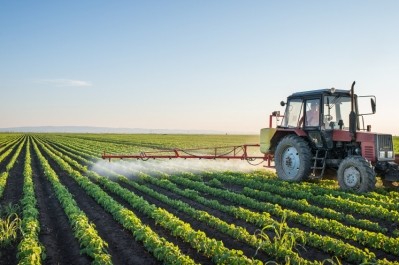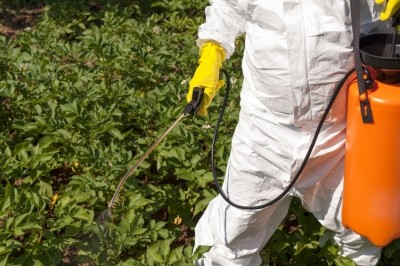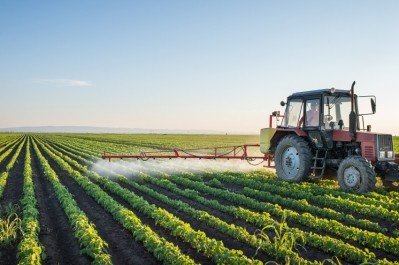EFSA defends its stance on glyphosate as the war of words continues
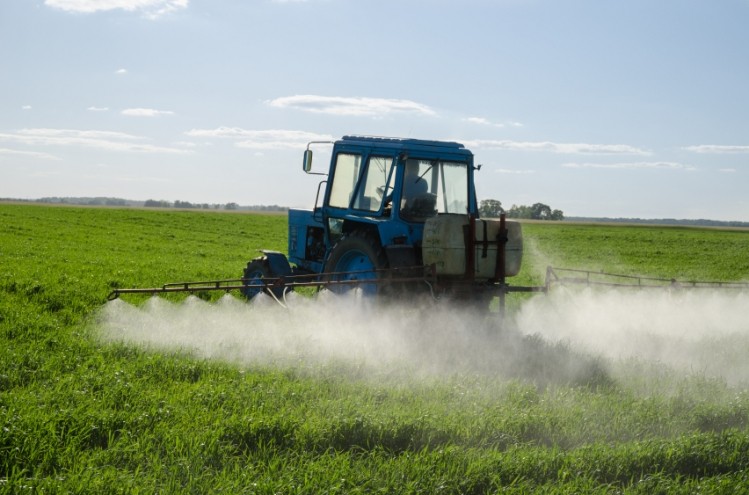
The spat started in November when EFSA concluded that “it is unlikely that this substance is carcinogenic”. This was contrary to an IARC analysis in July that glyphosate is “probably carcinogenic to humans”.
Until now, the food safety authority has been reluctant to engage in what its executive director has referred to as “the Facebook age of science”. But this week Dr Bernard Uhl published an 18-page response to criticism of his team’s risk assessment of the world’s most popular weed-killer.
“I agree that IARC carries out an important role in the screening assessment of the carcinogenic potential of agents,” he wrote.
“However, we should not compare this first screening assessment with the more comprehensive hazard assessment done by authorities such as EFSA, which are designed to support the regulatory process for pesticides in close cooperation with the member states in the EU.”
“Open and transparent”
Last year 96 scientists – including a number from the IARC team – had hinted that EFSA’s process was also too cosy with industry in a letter, dated 27 November 2015 and addressed to EU health commissioner Vytenis Andriukaitis.
Uhl hasn’t held his tongue on the issue by any means, but with a meeting slated with IARC in mid February (FoodNavigator understands), he has been forced to defend the decision publicly.
He wrote: “EFSA considers that the arguments brought forward in the open letter do not have an impact on the EFSA conclusion on glyphosate. The arguments expressed in the open letter reflect a misunderstanding of the evidence used for the EFSA evaluation.”
Uhl detailed how transparent the EU system is and noted how EFSA isn’t afraid to blacklist a chemical when necessary. The assessments of hundreds of active substances in the past 12 years has led to the removal of more than 40 of them from the EU market, he explained.
Contrary conclusions
The bulk of the letter is used to address specific criticisms levied at the authority’s analysis. He detailed why, in particular, EFSA and IARC have come to different conclusions – and not for the first time either.
“The screening aim of the IARC classification scheme explains why chemicals in pesticides such as glyphosate, or red meat, or frying food at high temperatures, can be included in the same IARC category as being probably carcinogenic. But it is important to remember that these classifications are only one part of the body of information in a risk assessment and on which public health decisions may be based.”
Uhl’s response is certainly focused on the factual rather than “the Facebook of science”. However, he couldn’t resist a dig at the approach taken by those criticising the EU’s risk assessment system.
“Glyphosate is currently a keenly debated issue, which makes it especially incumbent on those of us involved in its evaluation to describe clearly the legal frameworks in which we work. In that way, we avoid confusing the policy makers who rely on our advice and the general public who depend on us to maintain the highest standards in protecting public health.”
Losing trust
It isn’t clear whether Uhl’s letter will have appeased the commissioner. In a letter to the scientists seen by the UK’s Guardian newspaper, Andriukaitis reportedly referred to the diverging opinions on glyphosate as “disconcerting”.
Pan Europe environmental toxicologist Angeliki Lysimachou said the “letters telling the other off is not getting [us] anywhere”.
“I see people loosing their trust on the scientific coherence of EFSA since it insists to dismiss data on effects of glyphosate products from epidemiology and genotoxicity studies because they are done on the product rather than the active ingredient. After all we are all exposed to the whole product and Europeans trust the authorities that they will be protected from harmful pesticides,” she added.
Last year bread companies were urged to drop glyphosate given that a third of UK samples contained traces of it. The levels were within safe limits, however, the industry said.
